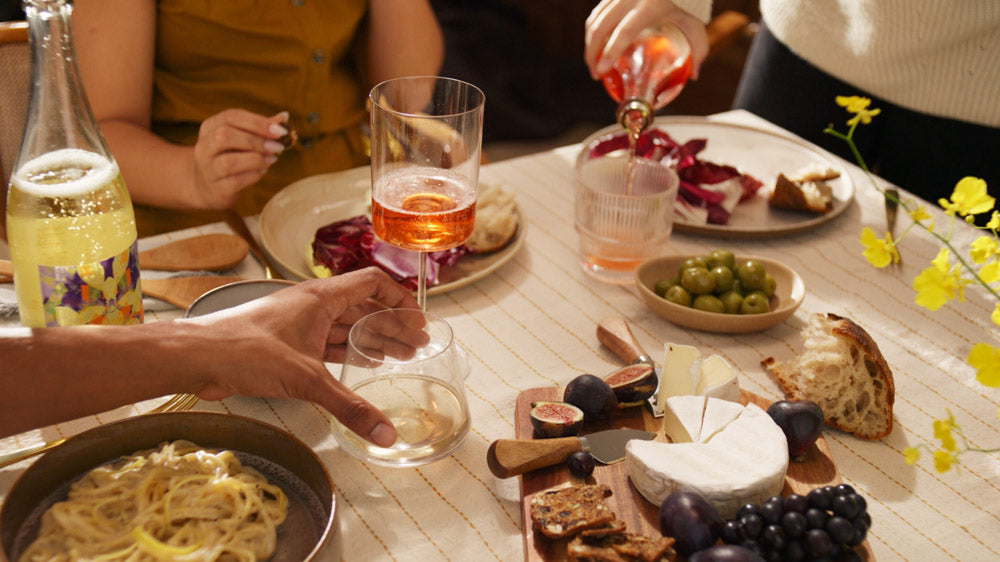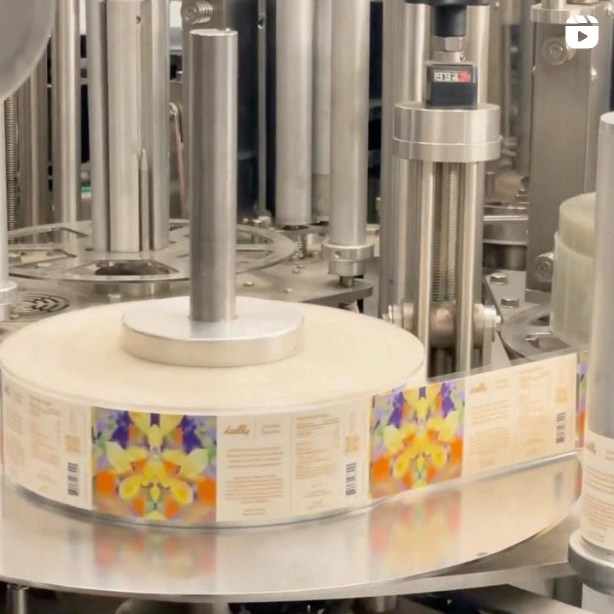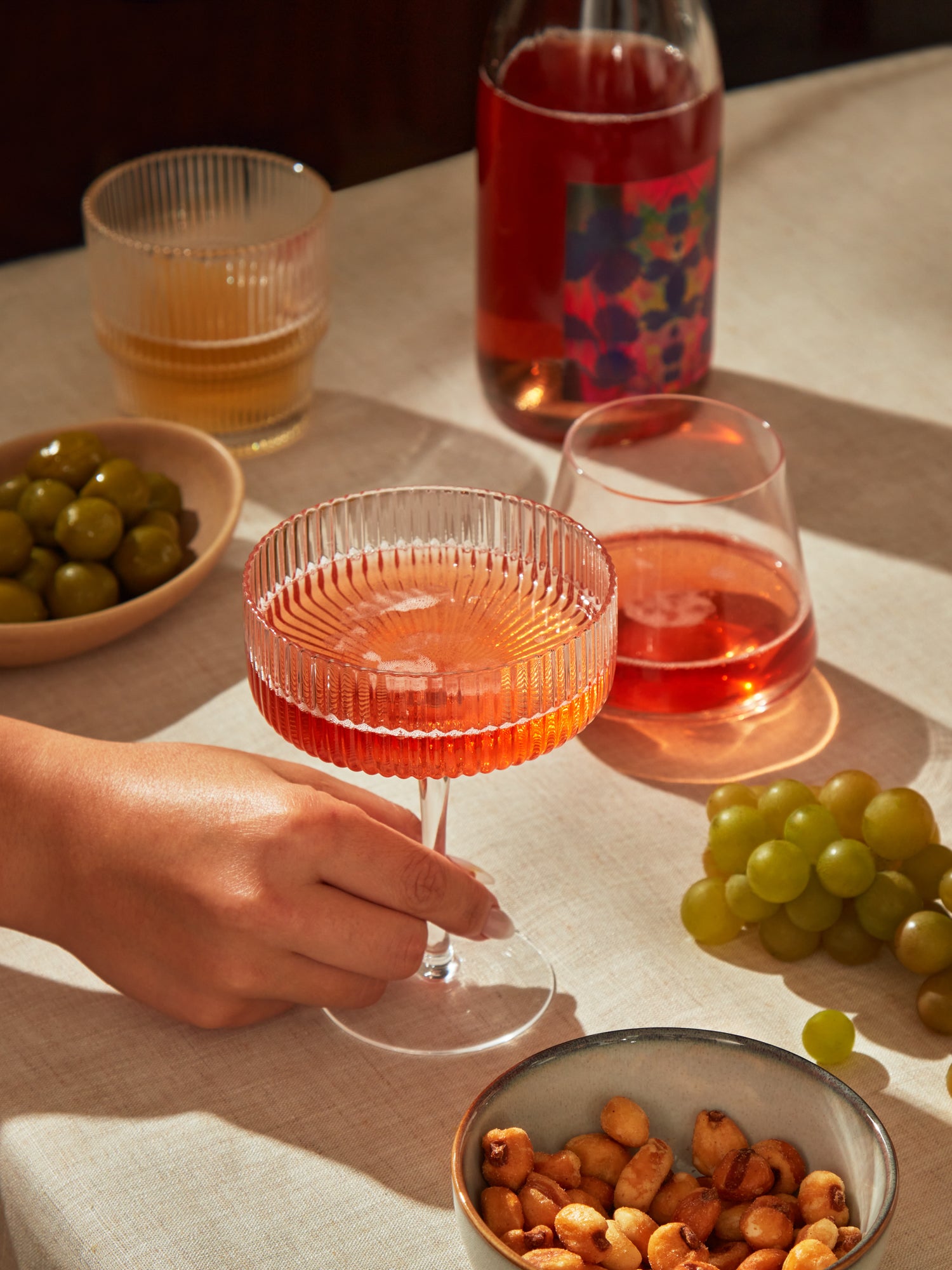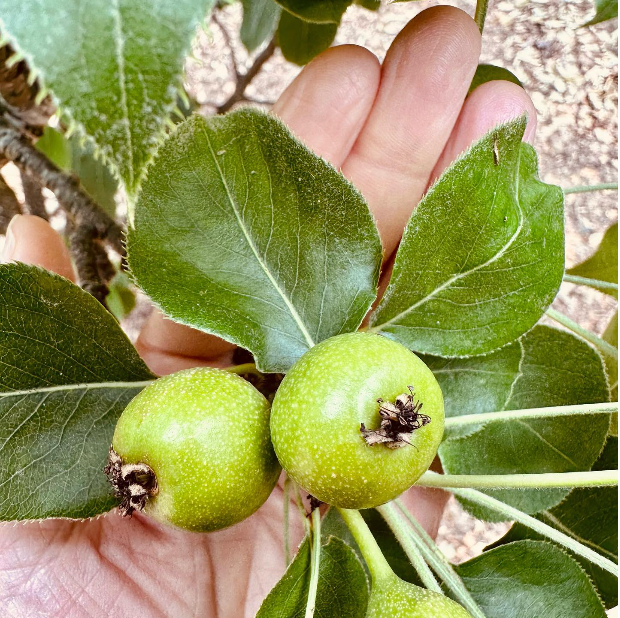For years there’s been this idea that moderate drinking might have some health benefits for most people. You’ve probably heard someone tout the antioxidant benefits of red wine at some point. But it turns out the “a glass of wine a day keeps the doctor away” line of thinking has been flawed.
Back in 2018, while taking a few human science courses at Stanford, the connections between alcohol and disease became really clear to me. I wish I could say the classes made me feel better about drinking, but they had the opposite effect. (Although we still enjoy a wine or cocktail from time to time—and we still get excited about a bottle of Martha Stoumen’s Honeymoon Chardonnay or a thoughtfully crafted margarita.) And now a new analysis of 40 years of research shows that the health benefits of drinking just don’t really exist. (Ugh. Sorry, red wine).
The studies used in the past were flawed for a number of reasons and the new analysis corrected these errors. Dr. Tim Stockwell, a scientist with the Canadian Institute for Substance Use Research who was one of the authors of the report, told the New York Times that once the errors were corrected “the supposed health benefits of drinking shrink dramatically, and become non-statistically significant.” Bummer.
The analysis concludes that “the risks of dying prematurely increase significantly for women once they drink 25 grams of alcohol a day, which is less than two standard cocktails containing 1.5 ounces of distilled spirits, two 12-ounce beers or two 5-ounce glasses of wine. The risks to men increase significantly at 45 grams of alcohol a day, or just over three drinks.”
Whether you’ve been thinking about cutting back for a while or this news has you rethinking your habits, you might want to give Dr. Andrew Huberman’s podcast a listen (or watch on YouTube) to learn a little bit more about the impact alcohol has on our health. Dr. Huberman is a neurobiology professor at Stanford University and in this episode he shares how just a couple drinks a week can damage the prefrontal cortex of the brain, increase our base level of cortisol (the stress hormone), adversely affect sleep, and more.
Fair warning: more than a few of our friends have quit drinking altogether after taking the two hours (!) to listen to the whole podcast. The Huberman podcast is just the tip of the iceberg when it comes to information around the relationship between alcohol and our health—a simple Google search will pull up dozens of studies if you really want to dive deep.
We made Kally because we wanted to cut back on alcohol, but we also needed something to slot into our long-established (and cherished!) rituals. A glass of wine helped signal the transition from work to play for us. (Aren’t you supposed to sip wine while cooking dinner?!) And we consider happy hours and long dinners with friends some of life’s greatest treasures.
Alcohol has become a part of how we socialize, celebrate milestones, and even just unwind after work, so it’s no surprise that not drinking might make you feel like you’re missing out on those moments. We love that the growing non-alcoholic market means you can have something delicious to toast with or enjoy with dinner without any of the downsides of alcohol. We know we’re biased, but it feels like a good time to stock your bar with Kally.







